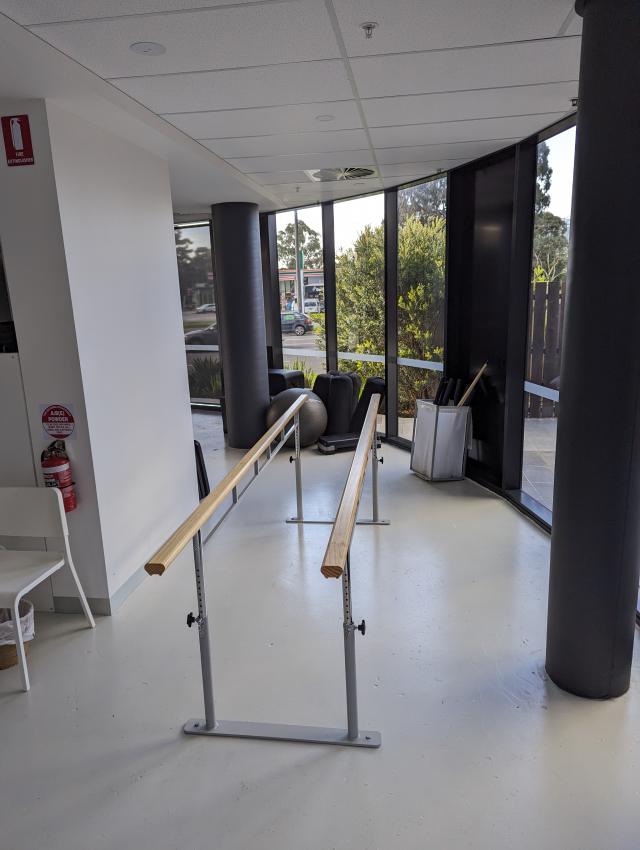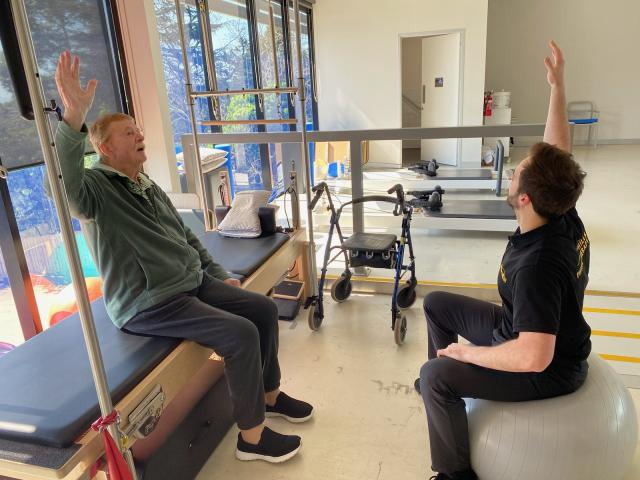In a groundbreaking initiative, our physiotherapy clinics in Knox and Emerald have introduced evidence-based exercise classes tailored exclusively for Parkinson’s disease patients. This class is also suitable for other non-Parkinsons movement disorders like PSP and MS, and is really conveniently located close to the Wantirna Health Movement Disorders Clinic.
Parkinson’s disease is a complex neurodegenerative disorder that affects millions worldwide, making mobility a significant challenge for those afflicted. However, the good news is that studies have consistently shown that exercise can significantly improve the quality of life for individuals living with Parkinson’s, and reduce the reliance on medications, slowing the disease progression and improving function and independence.
What sets our program apart is its foundation in proven techniques, ensuring patients receive the most effective and advanced methods for managing their condition. Our experienced physiotherapists design each exercise session with the individual’s goals and needs in mind, to target specific symptoms and improve overall functionality.
The proximity of our Knox clinic to the Wantirna Health Movement Disorders Clinic is an added advantage, fostering a collaborative approach to patient care. Our patients can access our exercise classes with ease and we have close, ground-level parking at both Emerald and Knox locations. This allows transfers from car to class and back to be hassle-free.
These classes not only improve physical function but also enhance mental well-being, mood, cognition, bone density, reduce falls risk and provide a supportive community for Parkinson’s patients. By focusing on evidence-based practices, our clinics aim to empower those living with Parkinson’s disease, giving them the tools they need to lead more active and fulfilling lives.
Together, we can navigate the challenges of Parkinson’s disease with strength, resilience, and the power of evidence-based care.








